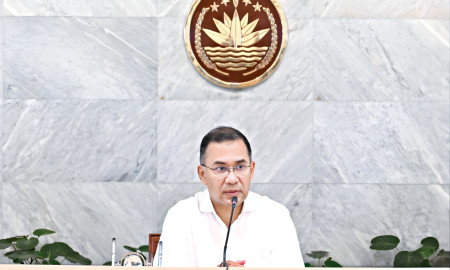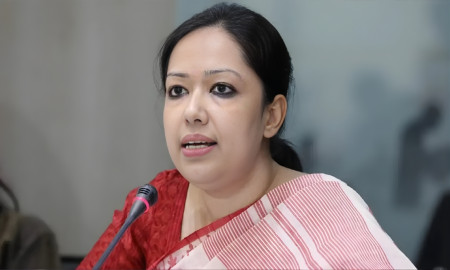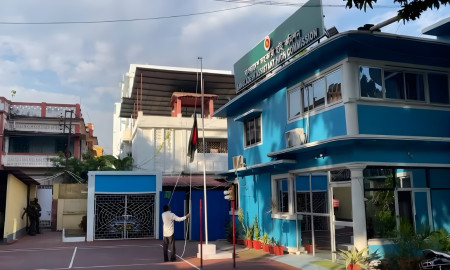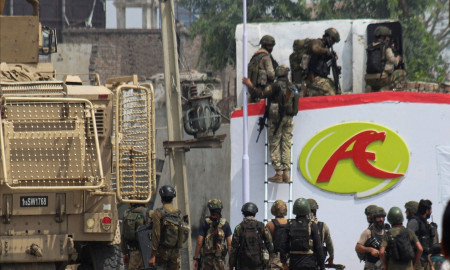Rajshahi University Paralysed by Pet Quota Protests, Faculty Demand Abolition
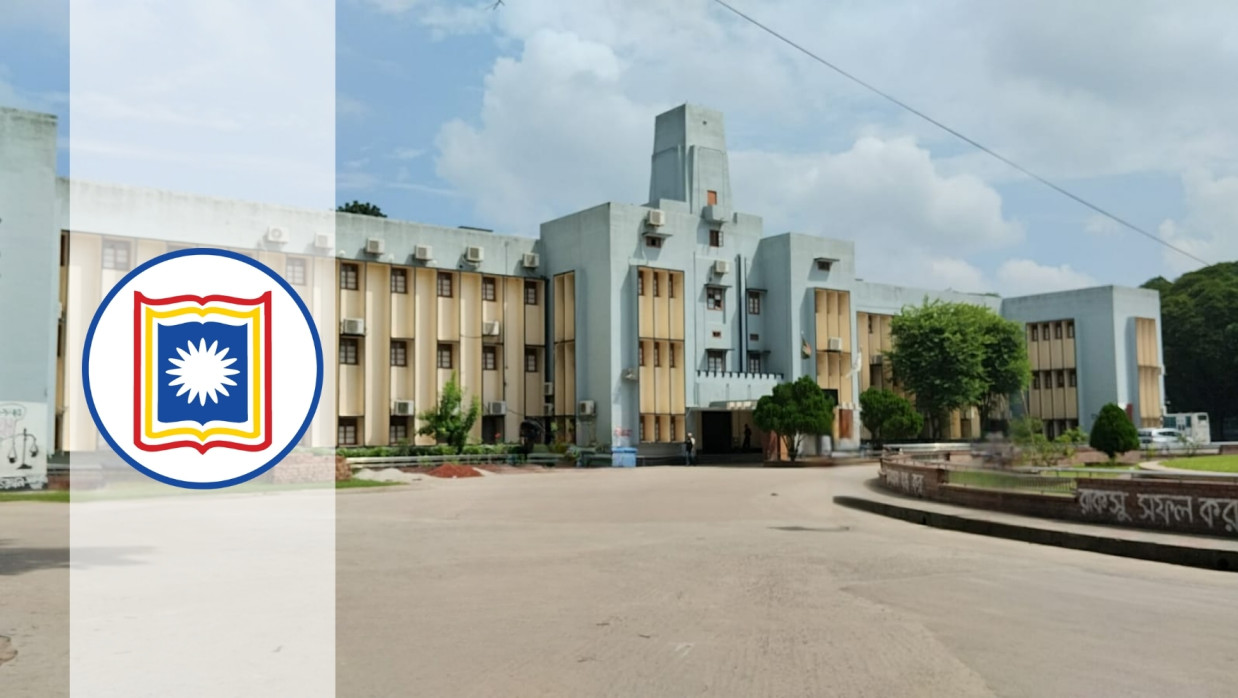
Rajshahi University (RU) has ground to a halt as protests over the controversial pet quota system escalate, with classes and examinations suspended and the campus deserted. Faculty members, officers, and staff have launched an indefinite strike, branding the quota system "illogical" and demanding its immediate abolition.
The unrest began on September 18 when the university administration reinstated the pet quota system with conditions, prompting an immediate backlash from students. Protests turned chaotic, with some students resorting to hunger strikes, four of whom were hospitalised due to deteriorating health. On September 20, clashes between students and faculty erupted, leading to physical altercations and heightened tensions that persisted until midnight.
In response to alleged harassment, university officers and staff announced a complete shutdown, while the Nationalist Teachers’ Forum boycotted classes and exams indefinitely. The administration later suspended the quota reinstatement following student protests, a decision upheld by the university syndicate.
According to university sources, 442 students were admitted under the pet quota over the past five academic years, with 94 admissions in the 2023-24 session alone. Notably, in the ‘A’ unit of the 2023-24 session, a student ranked 7,787th secured admission to the Department of Islamic History and Culture via the quota, while a student ranked 770th gained entry to the Urdu Department. Meanwhile, a student ranked 771st was denied admission due to the absence of a merit list beyond that rank.
The quota also enabled students with lower ranks—such as 5,257th for Law, 6,553rd for Economics, 7,551st for Bangla, 7,178th for Information Science and Library Management, 6,791st for Public Administration, 6,654th for Mass Communication and Journalism, and 6,616th for Political Science—to secure spots in coveted departments. Over the years, 38 students across three units with ranks above 5,000 benefited from the quota, fuelling accusations of unfair advantage.
Dr Mahbubur Rahman, a professor in the Fisheries Department, called the quota system unjust, stating, “I don’t support anything that halts education and research. The pet quota has never been logical. As a teacher, I believe my children already have enough privileges to excel academically. If they don’t, I can afford private education or send them abroad.”
Professor A-Al Mamun from the Mass Communication and Journalism Department offered a nuanced view, saying, “I’m neither fully for nor against the quota. It’s misused, but state employees often have a right to such benefits globally. In the past, poor connectivity justified the quota for employees’ children to study nearby. Now, with improved infrastructure, a small quota—perhaps 1-2%—could be retained for less privileged third- and fourth-class employees’ children after discussion.”
Mamun also expressed dismay at the unrest, noting, “The 2018 quota abolition and 2024 reinstatement under political pressure led to this chaos. Seeing teachers and students clash publicly is shameful and unprecedented in my career.”
Professor Dr Md. Habib Zakaria from the Theatre Department, who was among the first to sign a petition against the quota, argued, “Post the 2024 uprising, there’s no justification for the pet quota. Its reinstatement reeks of politics, which I can’t condone.”
Professor Morshedul Islam from the Law Department was unequivocal: “The pet quota isn’t a right or a valid demand. I oppose it entirely and have continued teaching despite the strike.”
The ongoing protests have left RU’s academic activities in disarray, with students, faculty, and staff divided. The controversy has raised questions about fairness, privilege, and the future of quota systems in higher education, as the university community grapples with finding a resolution.





